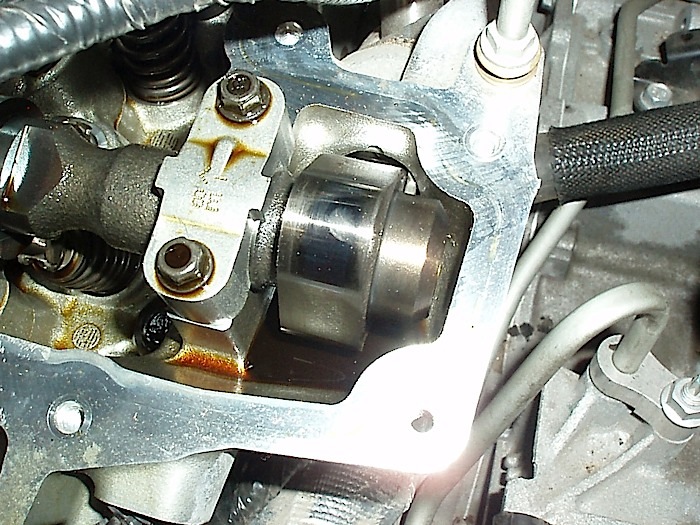Timing Chain Wear: Why Oil Quality Matters
Without proper timing of internal engine components, the engine will suffer a catastrophic failure. This is what happens when a timing chain or belt breaks.
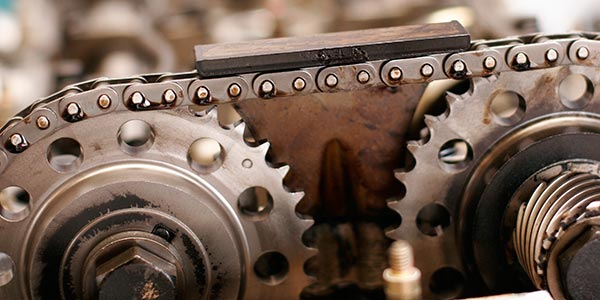
VIDEO: Carbon Deposits On Direct Injection Engines
Jon Nelson explains why carbon deposits happen and how to diagnose misfires and clean intake valves.
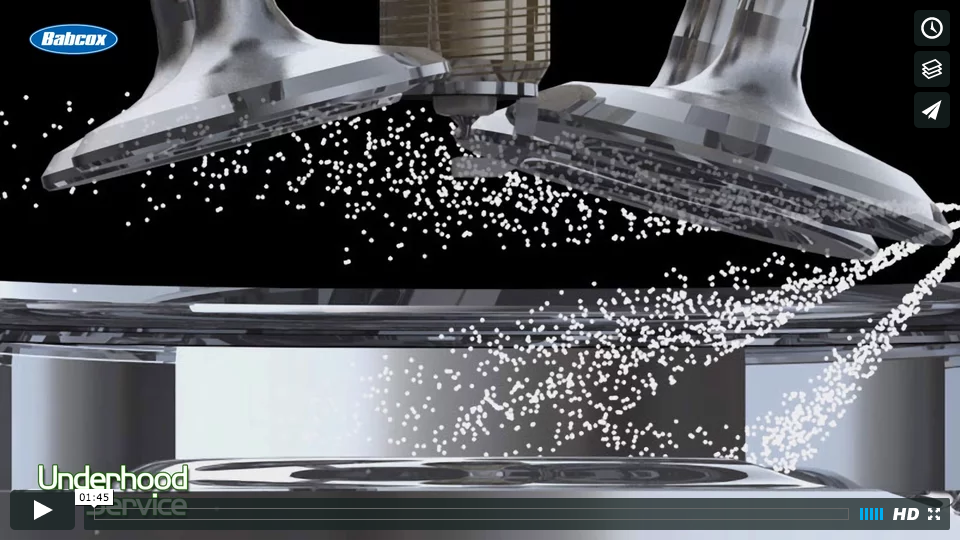
VIDEO: Variable Valve Timing Actuator Service
Andrew Markel shows how a slight misalignment of the camshaft can cause codes and wreak havoc on engine parts.
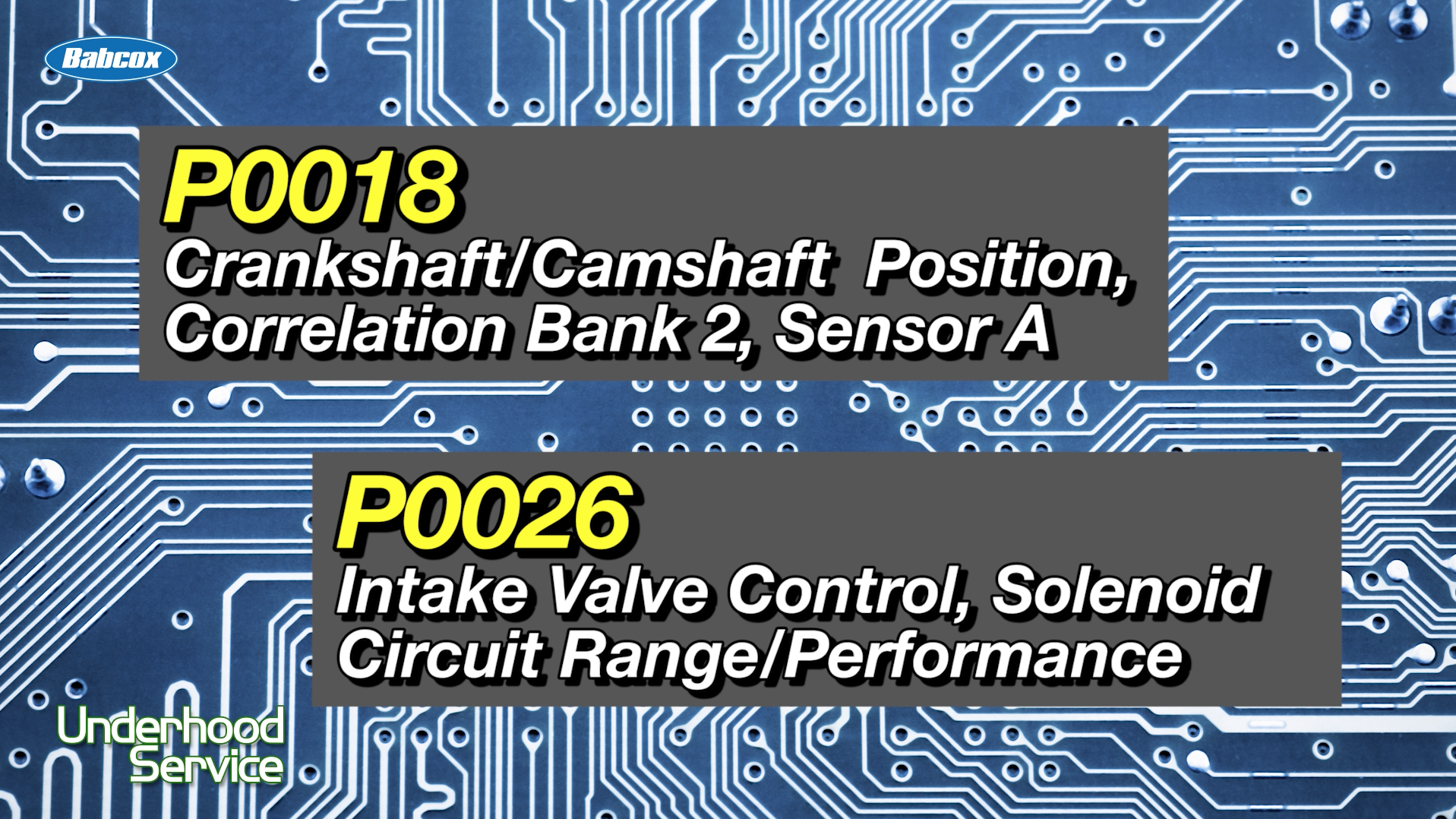
Audi: Oil Consumption And Carbon Buildup
Carbon and fuel problems with the 2.0L FSI engine have multiple causes, symptoms and solutions. While there is not a single TSB from Audi that clearly outlines the problem, you can connect the dots to realize the problems with oil consumption that damage the top end of the engine and cause carbon buildup.
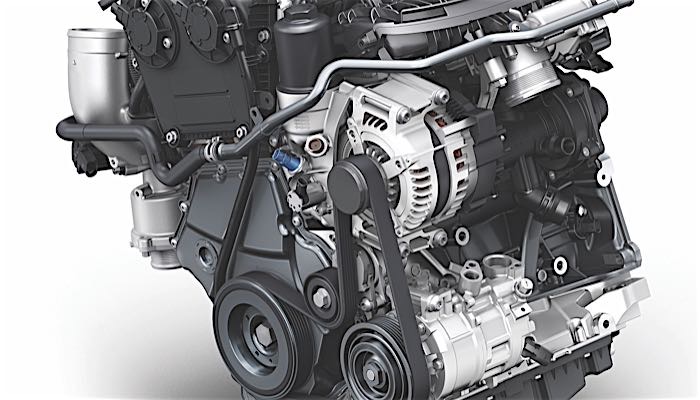
Head Gaskets: Q&A Session
Cylinder head gasket design has become more sophisticated than in years past. The following FAQs on head gaskets may give you a better understanding of why you need to pay attention when replacing a head gasket on a late model vehicle.
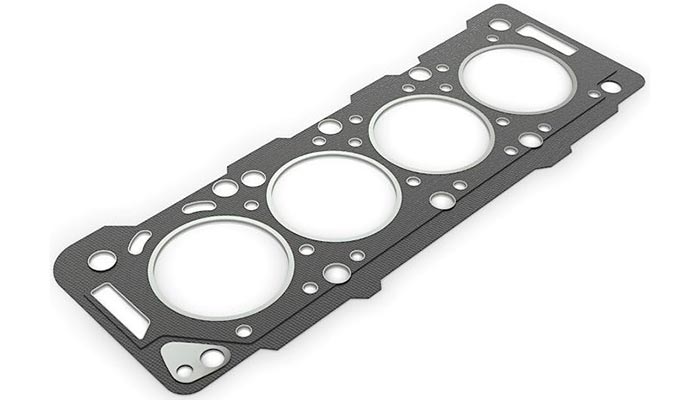
Ford F-150 ECOBOOST 3.5L Pattern Failures
With almost 400,000 3.5L EcoBoost engines on the road today, these engines have proven to be a solid power unit. Many of these engines are out of warranty and heading to your shop. Here are the top failures and what to look for.
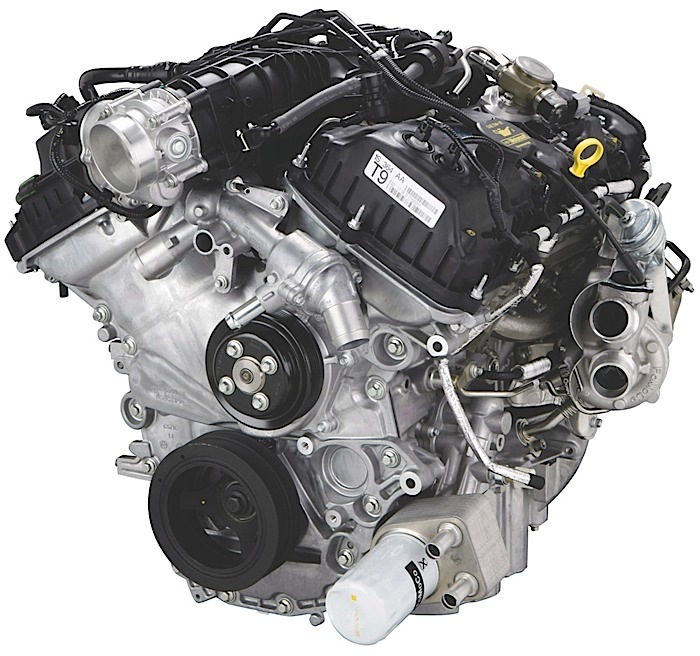
Plastic Intake Manifolds: Checking For Leaks
Most late-model engines come factory-equipped with plastic intake manifolds. Plastic saves weight and cost, and conducts heat much more slowly than aluminum or cast iron. This helps lower the temperature of the incoming air for a denser, more powerful air/fuel mixture.
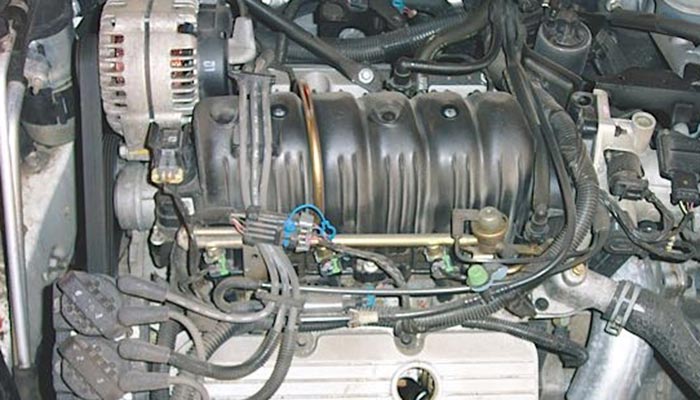
Head Gasket Do’s And Don’ts
To ensure accurate torque values and to avoid cracking the cylinder block, clean any dust, dirt, oil and fluid from the cylinder block head bolt holes before installing the new head gasket and head bolts. Never lubricate the head bolts with a friction-modified oil. Unless otherwise specified, lightly lubricate the bolt threads with 30w non-detergent motor oil.
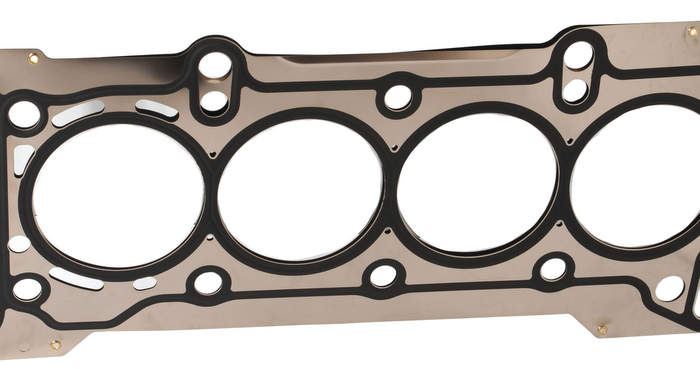
Why Oil Filters Matter To Extended Oil Change Intervals
With oil life indicators pushing the average oil change past the 6,000-mile mark, it is not just the quality of the oil that’s improved, it is the quality of the filter, as well. Neglected oil change intervals can ruin the best engine oils and filters. As engine oil and the filter accumulate miles, they become contaminated with carbon, water and various acids, all of which are a byproduct of internal combustion that will form a film of black, gooey sludge on the interior parts of the engine.
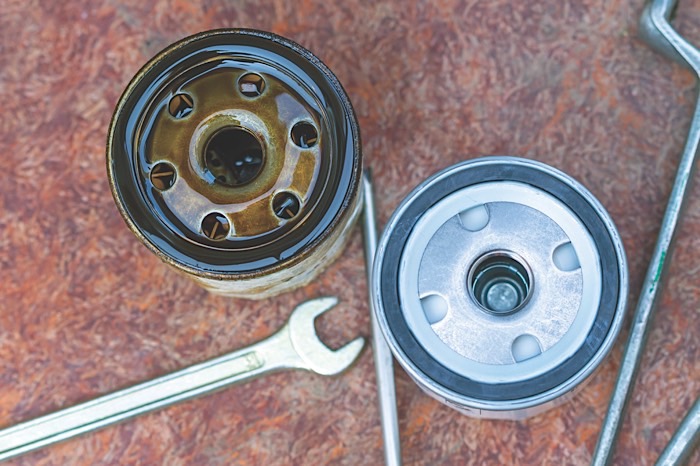
Non-Invasive Methods To Remove Gaskets And Clean Surfaces
When removing old gaskets, there are two things to avoid. First, you want to avoid any of the material from entering the engine. Second, you do not want to damage the sealing surfaces. On modern engines with aluminum castings, a metal scrapper can do a lot of damage.
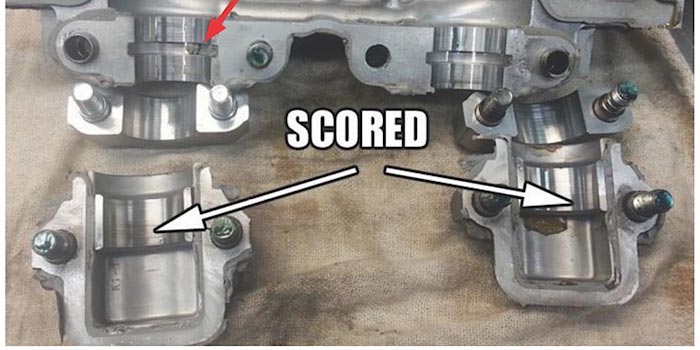
Porosity Issues And Engine Gaskets
Porosity refers to any void or hole found in a casting. These voids can be caused by gases and contaminates present during the casting process and typically occur near the outer parts or at the top of a casting. Honda, GM, Chrysler and other OEMs have all had issues with the porosity of some castings.
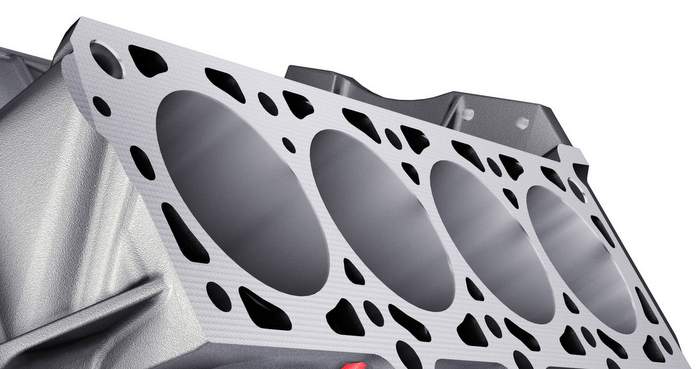
Danger, Will Robinson! Intermittent Loss Of Power
This month’s Diagnostic Dilemma turns the page back to September 10, 2015 when I got a phone call from a local undercar shop inquiring if I had the tools to check the ECM connector pin fit on a 2012 Chevrolet Impala with the flex-fuel, 3.6L gasoline direct fuel injection engine. In response to an intermittent loss of power complaint, the shop had found a technical service bulletin (TSB) indicating that loose PCM connections can cause a loss of fuel pressure on the GDI engine’s high-pressure fuel rail and set codes P00C6 and P228C.
